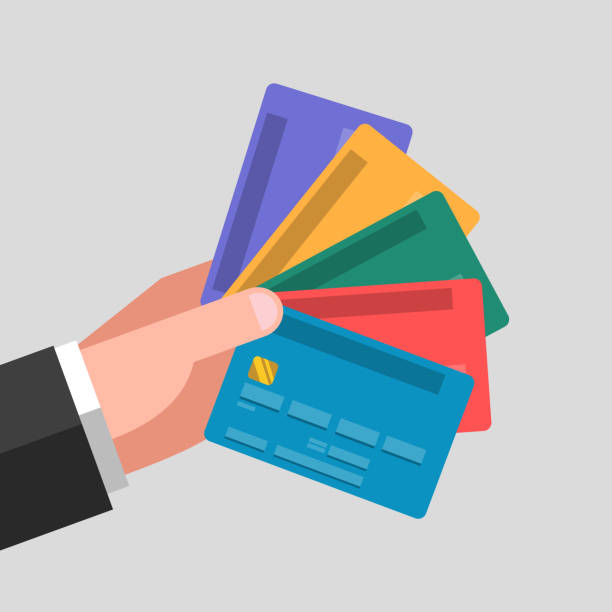
Credit Cards 101
If you just got your first credit card you should get a student credit card, that way you’re able to apply with minimal or no credit history. Build credit; prove that you’re responsible for managing your money. It’s recommended to apply for credit cards when you have: a stable income with student loans; it’s one of the best ways to emphasize you’re not a liability. However, if they don’t accept you because you don’t have much history, get a co-signer. Co-signers with a high credit score will improve your credit, but it’s important to remember that if you forget to pay, it hurts them too, so it’s better to choose someone who trusts you, like family.
But there are some things you should remember about correctly using a credit card….
Don’t spend too much or too little; if you can’t upkeep your payments, your credit score will start with you in debt. You might think spending just a little above the minimum is okay, but your annual percentage rate (APR) or interest (fee that you owe from borrowing money) increases even more when you’re not spending a lot. Weird, the fee for borrowing money increases more when you aren’t borrowing money.
Now, after hearing about APR, you’ll start looking for deals interest-free, this isn’t permanent. Promotions like these typically after a few months, interest will return. This would be a cool idea of saving, but let’s say you’re so busy studying for finals or working and you don’t repay the amount on your card by the time the deal ends, you’ll be billed with a huge chunk of interest.
I watched my mom all the time pay with her credit card, decline cash back, and go to the bank later; I didn’t understand why she would consistently inconvenience herself. Later, I learned that if you pay with a credit card and decide you want your change in dollars, it adds interest that tends to be higher than purchasing.

Responses